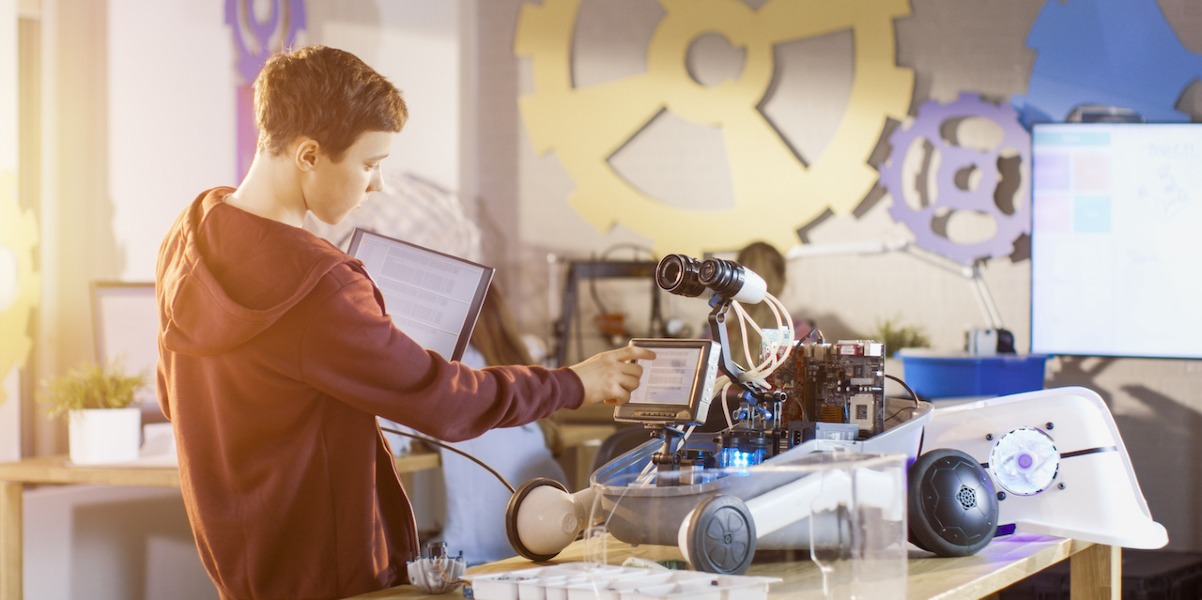If you're a parent of a child with Special Educational Needs (SEN) you may be wondering whether it's more appropriate to send your child to a specialist SEN school or to homeschool them with a SEN tutor.
Adam Caller, founder of Tutors International and a specialist in SEN, published his recommendations for parents of children with SEN when weighing up different schooling options in an article on his website a few years ago.
The primary take-away is it all depends on the severity of the problem and the impact it has on the child’s ability to learn, to socialise, or to concentrate.
According to Gov.uk, the official website of the UK Government, SEN that affect a child’s ability to learn can include their:
- behaviour or ability to socialise, e.g. not being able to make friends
- reading and writing, e.g. they have dyslexia
- ability to understand things
- concentration levels, e.g. they have Attention Deficit Hyperactivity Disorder
- physical needs or impairments
It's important to note that not every school has adequate provision for SEN - even many private schools fall short when it comes to a tailored approach for individual SEN students. There can also be many different types of SEN that need to be catered for, which may be just too much for a single SEN coordinator to handle.
The school, depending on how many children need supplementary help and the available budget, may bring in extra support from qualified SEN tutors, or parents often plug the learning gap with after-school private tuition.
This is not an ideal situation, however, as the school day continues to be frustrating and difficult for the student, and the good work done at home with the tutor may be undone by poor behaviour and feelings of inadequacy at school.
Parents may decide that a dedicated SEN school is more appropriate for their child, where staff are fully trained to recognise and actively target special needs.
The teacher-pupil ratio is low, but pupils may feel stigmatised by attending a SEN school, and the move away from their former friends and classmates may exacerbate any differences they’re already feeling.
Private homeschooling by a specialist SEN tutor means the child has one-on-one tuition and this is always the ideal scenario. A good private tutor can react in that moment to the situation, adapting teaching techniques to suit an individual child’s pattern of concentration, and ensure they fully understand the lesson before moving to the next.
Social and physical activities can be experienced at the convenience of and to support the needs of the child.
Under the supervision or coordination of a private SEN tutor, playtime and sports can be non-threatening and support the child’s growth, emotionally, physically and academically.
For more information about full-time SEN tutors for home schooling, contact Tutors International.

